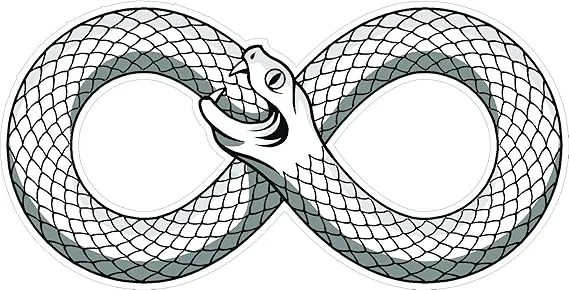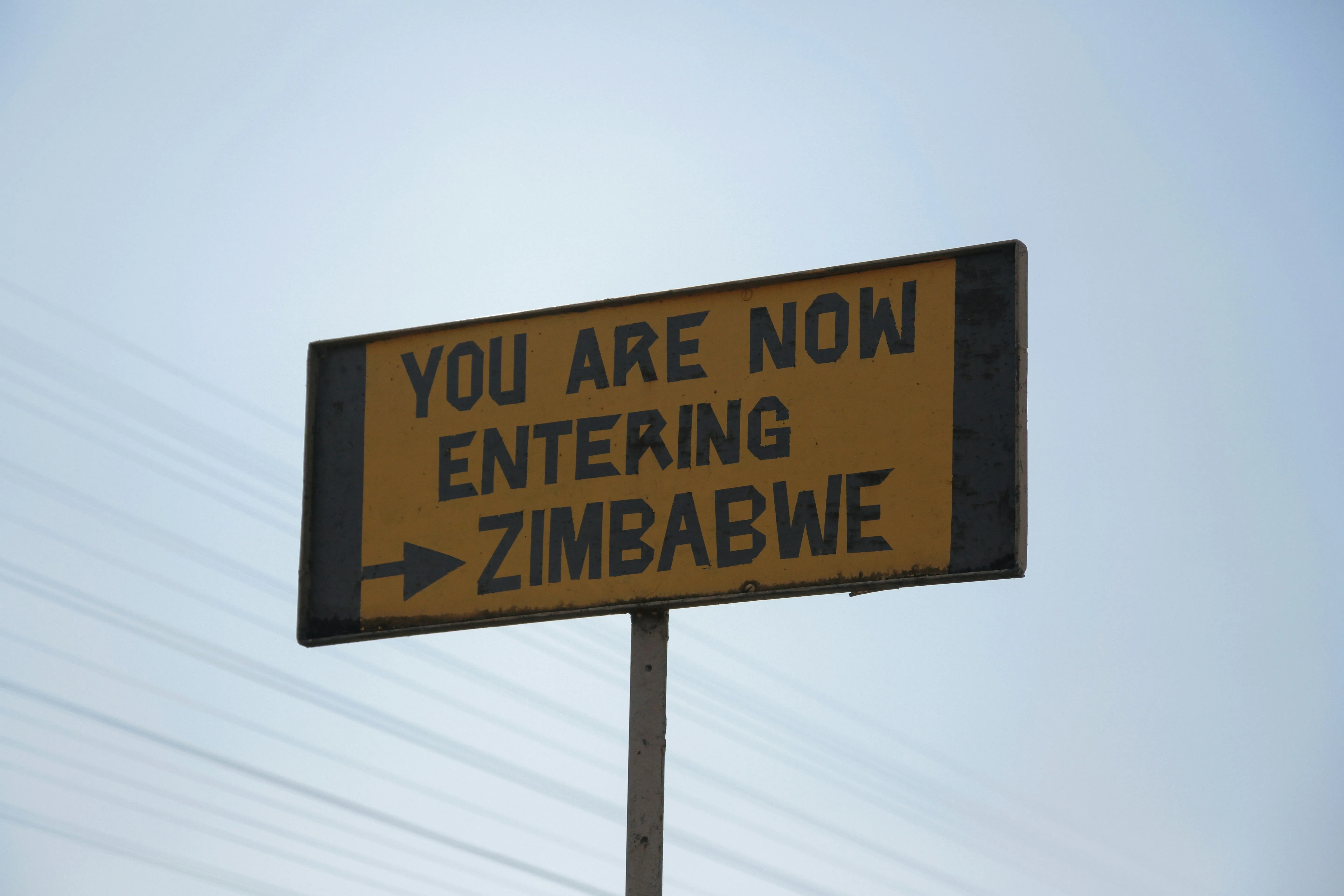Freddie New on why Bitcoin beats banks
'Do I want the central bank to be able to turn off my money?' asks legal expert

Lawyers around him dismissed Bitcoin as a Ponzi scheme. But Freddie New kept digging. What he found was a system that, in his words, “supports all of the other freedoms” people rely on – starting with the freedom to transact.
From confiscated savings in Cyprus to runaway inflation in Zimbabwe, New had witnessed the fragility of money in many contexts, and he saw the answer not in a new law or a stronger bank – but in Bitcoin.
"I was researching a paper on the Cypriot banking crisis in 2013," New, CPO of Bitcoin Policy UK, told Guardians of Bitcoin. "That was the point at which the Cypriot government effectively bailed out all of the banks in Cyprus, using the depositors' money."
The Cyprus wake-up call
The situation was unprecedented in modern banking. "If you had above 100k saved at the bank, I think you lost 20% of that worth. Effectively, the government confiscated money from people's bank accounts and used it to bail out the banks," said New.
This moment led him to discover Bitcoin as "impossible to confiscate" – a property that would prove crucial for people living under unstable governments or facing economic turmoil.
He also noted how legal professionals around him misunderstood it. "If you talk to a lot of lawyers, certainly in the City of London, where I worked, there's a lack of understanding of what Bitcoin is and what it does.
"You'll obviously be familiar with the normal stories you hear. It's a Ponzi scheme. It's got no intrinsic value. Why are you interested in it at all?"
Bitcoin versus the rest
"It actually takes quite a long time to understand why [these Bitcoin fallacies] aren't true," said New. "And part of that, I think, is comprehending exactly how proof of work functions and why that's so important to the network."
"What miners are doing isn't validating, it's competing to add valid transactions to the time chain, to the ledger of transactions," he explained. "And the way that the system decides whether miners have acted correctly is by energy. And the crucial thing about energy is it can't be faked."
This energy requirement is what makes Bitcoin secure. Unlike traditional systems that rely on trusted institutions, Bitcoin's security comes from the fact that changing the record would require an enormous amount of energy – more than any single entity could realistically provide.
He added that "most cryptocurrencies will now use a proof of stake mechanism. And proof of stake, I find a little bit like an ouroboros, you know, the image of the snake eating its own tail."
Take Dogecoin, for example. While it started using Bitcoin's code, it made crucial changes. "One of the changes that they made when they were creating that coin was they removed the hard cap," New noted. "So effectively, Dogecoin will continue to be issued for eternity as long as the system is running."
Bitcoin, by contrast, has a fixed supply of 21 million coins – no more will ever be created. This scarcity, combined with its energy-backed security, is why "when measured against Bitcoin, their price tends to trend towards zero."
Adding, "You should ask yourself the question, 'Firstly, why is this cheap?' And really think quite carefully as to why it's cheap. Things tend to be cheap because the market doesn't want them."

Proof-of-stake models form a self-referential ouroboros – a snake eating its own tail – symbolizing systems where those with the most influence sustain their own power
Recognizing Bitcoin in law
New explained that under English law, property traditionally fell into two categories: choses in possession – physical items like a pen – and choses in action, which represent rights, such as a contract or repayment. Bitcoin, however, fits neither definition.
"So I think things you can hold, like my pen, would be a chose in possession. And when the Law Commission looked at the nature of cryptocurrencies, they decided, rightly, I think, that a cryptocurrency isn't quite a chose in possession because it's not a physical thing. But particularly in the case of Bitcoin, it's also not a chose in action because it doesn't typically give you a right to anything," New told Guardians of Bitcoin.
The Law Commission therefore created what he described as a “new third category of property.” This, he said, was essential for legitimizing the industry. "One thing that I think it will help with, certainly here in the UK, is a further legitimization of the industry," New added.
When money collapses
While people in stable economies might struggle to see Bitcoin's value, New pointed out: "If we need to explain Bitcoin to you, you probably don't need it yet, or you don't yet realize that you do."
"Inflation in the UK is 2.8%. In Lebanon it's catastrophic, in Turkey above 70%. In Zimbabwe, where I grew up, prices changed between walking into a supermarket and walking out," New said. "Even at 2%, your money loses half its value in 35 years."
In such situations, people desperately seek alternatives to their failing currency. "You get rid of your local currency as fast as you can, and you move into something harder," New explained. Bitcoin provides this alternative in digital form.

Zimbabwe’s hyperinflation once made shop prices impossible to keep up with, erasing the value of money overnight. Photo: Unsplash / Chloe Evans
Innovation in practice
Some of the most innovative Bitcoin applications are emerging from Africa. New highlighted Bitcoin Ekasi in South Africa, where "the surf school pays its employees and trains people, pays them in Bitcoin, and they get to keep that." Digital money reduces theft risk since "digital money on their phone is less likely to be nicked than physical money."
In Kenya, developers created Tando, an app that seamlessly integrates Bitcoin with the popular M-Pesa mobile payment system. "You can just enter the merchant's M-Pesa number into the Tando app, and Tando will then pull Bitcoin from your wallet on your phone, it'll pay the merchant in shillings," New said.
New also described the work of Gridless, a company building mini-grids powered by hydroelectric plants and Bitcoin miners in Africa.
"You have villages that are powered purely by the combination of hydropower and Bitcoin mines, and without those mini grids, villages would not be electrified," he said. "People would still be lighting their homes with paraffin lamps."
The business model works because Bitcoin miners provide "a buyer of first and last resort for the excess energy," making renewable energy projects economically viable in areas where traditional electricity demand is insufficient.
Control or freedom?
New warned of the dangers of central bank digital currencies (CBDCs): "Ask yourself, do I want the central bank to be able to turn off my money whenever they want? And if the answer to that is 'no, you probably aren't going to be much of a fan of a CBDC."
"I think the main people they'd have a positive effect for are governments and central banks, because they will give them much, much more control over their people, and that's obviously what governments and central banks like," he said. Adding, "On a positive note, every time they've been tried, they've been an abject failure, even in China."
For New, the real danger is the loss of privacy: "The freedom to transact is a very, very fundamental freedom, because it supports all of the other freedoms and your ability to exercise them."
Whether it’s savings in Cyprus, inflation in Zimbabwe, or the threat of CBDCs, New argues the same lesson: only Bitcoin gives people real control.



